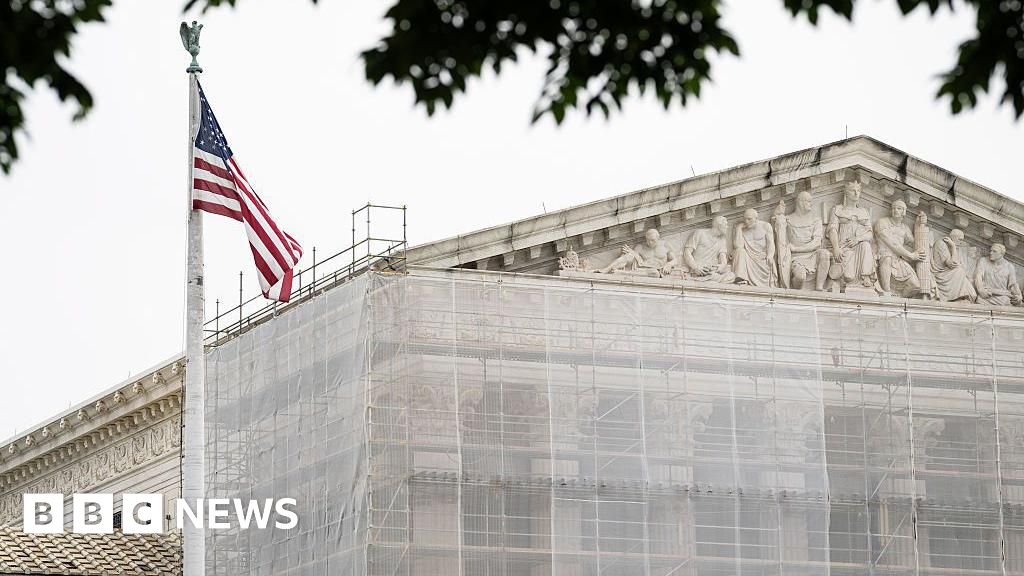Trump’s Supreme Court Tariff Appeal: A Look Back at a Pivotal Economic Battle
Trump’s Supreme Court Tariff Appeal: A Look Back at a Pivotal Economic Battle

In a significant legal challenge that once captivated economic and political observers, former President Donald Trump appealed to the U.S. Supreme Court to uphold his administration’s sweeping tariffs, following defeats in lower courts. This case, which unfolded during his presidency, sought to validate the legality of tariffs imposed under an emergency economic powers act, a move that could have forced the U.S. government to refund billions in collected duties.
A divided U.S. Court of Appeals for the Federal Circuit had previously ruled 7-4 that Trump’s tariffs, justified under the International Emergency Economic Powers Act (IEEPA), exceeded presidential authority, asserting that setting levies was a fundamental Congressional power. Despite this appellate court ruling against the president, its decision was temporarily stayed, allowing the Trump administration time to file its appeal to the nation’s highest court.
Solicitor General John Sauer underscored the high stakes in the administration’s filing, arguing that the lower court’s decision had disrupted sensitive diplomatic trade negotiations and cast a shadow of legal uncertainty over efforts to protect the country’s economic and foreign policy. Conversely, lawyers representing small businesses, who had challenged the tariffs, expressed confidence in their position, highlighting the severe harm these levies inflicted upon their clients.
The legal saga began with the New York-based Court of International Trade declaring the tariffs unlawful in May, a decision also put on hold during the appeal process. These rulings stemmed from lawsuits filed by small businesses and a coalition of U.S. states. The tariffs in question, including a baseline 10% and ‘reciprocal’ tariffs on over 90 countries, as well as specific levies on Canada, Mexico, and China, were designed to correct trade imbalances and, in some cases, combat drug importation. The appellate court’s decision, however, did not apply to other duties, such as those on steel and aluminum, which were enacted under different presidential authorities. Had the Supreme Court denied the review, the lower court’s ruling was set to take effect on October 14.
Disclaimer: This content is aggregated from public sources online. Please verify information independently. If you believe your rights have been infringed, contact us for removal.